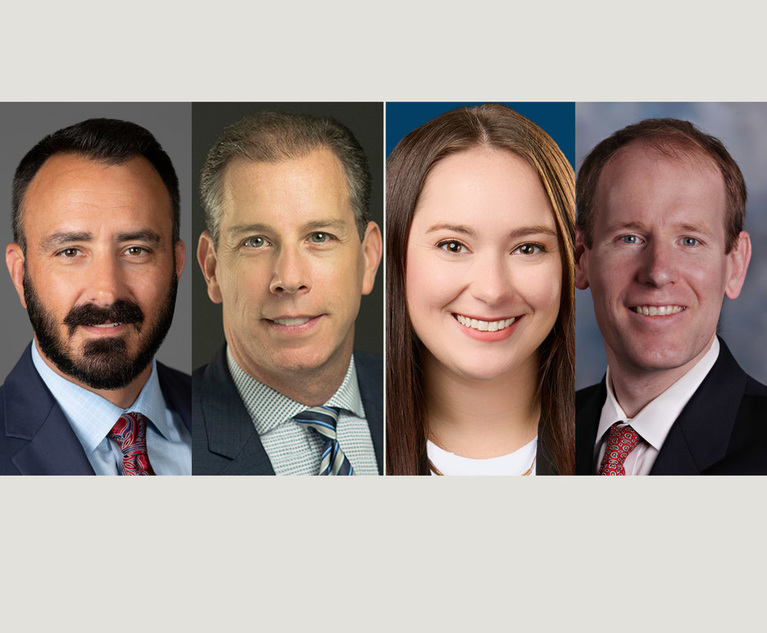Last February, a supermajority of over 1,400 residents and fellow physicians employed by the University of Pennsylvania Health System (Penn) agreed to be represented by the Committee of Interns and Residents (CIR). CIR is a branch of the Service Employees International Union (SEIU). CIR-SEIU represents more than 24,000 residents and fellows nationwide. If Penn recognizes the union, it would be the first group of doctors in Pennsylvania to organize with CIR. The union would join eight other groups of resident physicians in the nation who elected to be represented by CIR in the last year. As Pennsylvania is part of a national trend, a look at costs and questionable benefits of physician unionization is warranted.
Unionization is not available to every physician. The National Labor Relations Act (NLRA) governs the right of employees to unionize and engage in collective bargaining. NLRA section 2(3), codified at 29 U.S.C.A. Section 152, specifically excludes supervisors and independent contractors from collective bargaining. The majority of physicians in the United States fit the definition of supervisors or independent contractors under the NLRA and are consequently barred from union membership. Physicians organized into a group large enough to exert bargaining power may also encounter obstacles under antitrust laws. Consequently, the trend in resident unionization does not presage a wave of unionization among doctors in general.
This content has been archived. It is available through our partners, LexisNexis® and Bloomberg Law.
To view this content, please continue to their sites.
Not a Lexis Subscriber?
Subscribe Now
Not a Bloomberg Law Subscriber?
Subscribe Now
LexisNexis® and Bloomberg Law are third party online distributors of the broad collection of current and archived versions of ALM's legal news publications. LexisNexis® and Bloomberg Law customers are able to access and use ALM's content, including content from the National Law Journal, The American Lawyer, Legaltech News, The New York Law Journal, and Corporate Counsel, as well as other sources of legal information.
For questions call 1-877-256-2472 or contact us at [email protected]


 L-R: Christopher J. Tellner, Gregory S. Hyman, Alexandra E. Lynch, and Gregory F. Brown of Kaufman Dolowich & Voluck. Courtesy photos
L-R: Christopher J. Tellner, Gregory S. Hyman, Alexandra E. Lynch, and Gregory F. Brown of Kaufman Dolowich & Voluck. Courtesy photos




